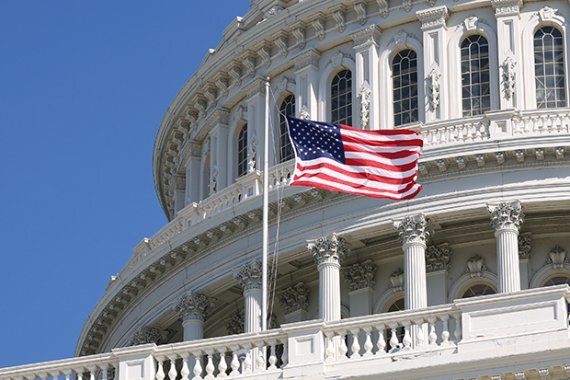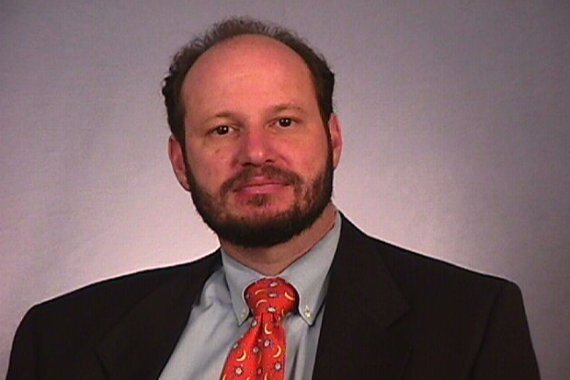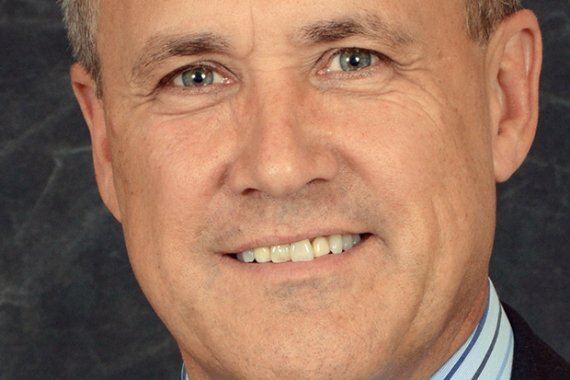

Its an opportunity to bring yet another person into the inclusivity movement, which has been gaining steam for decades, she said. Its a grassroots movement, so those at the top arent necessarily the ones driving it. Yes, they can support and nurture it with policy, but they cant put an end to it.
De Dios added that credit unions are uniquely positioned to continue enhancing the financial lives of multicultural consumers. Im confident [this movement] will grow even if public policy doesnt immediately reflect it, she added.

"I suspect most, if not all, tax expenditures will be on the table," Leggett said.

We have worked closely with Pat Toomey and he has become a real ally for credit unions, Conway said. He is a champion for us.
Noting that Toomey is a member of various banking and finance subcommittees, Conway added that the senator has held hearings that investigated the cost of regulations upon credit unions, particularly those in rural areas.

But Nussle also directed a letter to CUNA members in which he described Trumps election as enormously important for America and for America's credit unions. A main theme in working with the new administration, he wrote, will be an attack on reducing regulatory burdens.
He also expressed some optimism for the future, despite the contentious nature of the presidential campaign.
There is no question that this has been a difficult, divisive presidential campaign regardless of which candidate you backed, Nussle added. But now, as Americans, we must come together and focus on what we can and must do to unite this nation. America's credit unions reflect a broad cross-section of the American people, and I can think of no better group of people to immediately begin that healing process.

"Credit unions are under a regulatory assault in the wake of the Dodd-Frank Act, Berger wrote. Lawmakers and regulators readily agree that credit unions did not participate in the reckless activities that led to the financial crisis, and as such, shouldnt be caught in the crosshairs of regulations aimed at those entities that did. Unfortunately, that has not been the case thus far and finding ways to cut-down on burdensome and unnecessary regulatory compliance costs is a chief priority of NAFCU members."
Berger also lamented that regulatory burdens on credit unions has led to the declining number of credit unions, citing how many smaller institutions cannot cope with the tide of new regulations and often have to merge out of business or be taken over.





